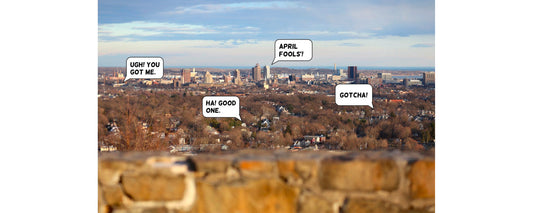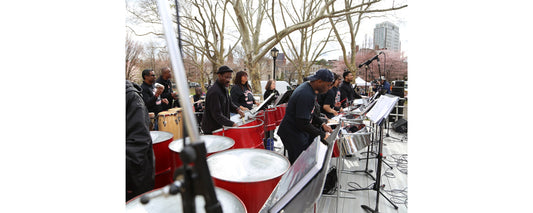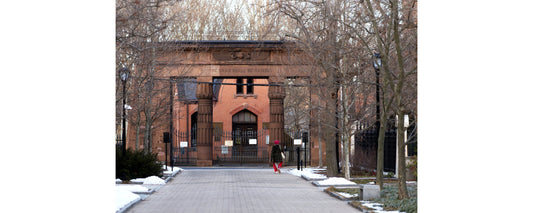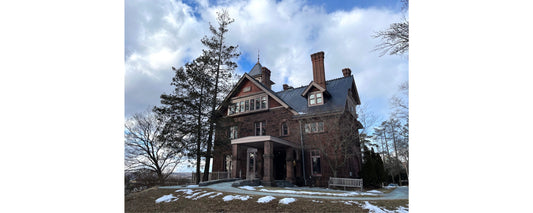In 2019, African-Americans made up only 5% of lawyers in America, despite comprising roughly 14% of the total population. Similarly, 5% of lawyers were Hispanic, as compared to a total population share of 18%, according to the American Bar Association’s National Lawyer Population Survey and the Pew Research Center (1, 2). Barriers to the profession include the cost of applying to law school; the cost of test prep programs; higher grade inflation at private vs. public universities; and the lack of a professional network to advise prospective minority students, according to a Yale Law School memo.
A new endeavor founded by Yale Law professor James Forman and a dozen students aims to give prospective lawyers in need a boost over some of those barriers. The Law School Access Program launched last fall with a class of 20 fellows—“first-generation, low-income, and under-represented minority students from New Haven and Connecticut,” according to the program’s website—who wanted to attend law school but weren’t sure how to get there. Open to rising junior and senior undergraduate New Haveners as well as graduated residents, applications for the next school year’s cohort are due July 8.
sponsored by
For Brittany LaMarr, one of the program’s inaugural fellows, the barrier was partly mental. Law school is often thought of as “this prestigious or elitist sort of occupation” that doesn’t “make it as accessible mentally or physically to certain groups of people,” she says. The Middletown native started college in 2009 but soon found herself “lost in addiction.” Eventually, she landed in prison. While incarcerated, LaMarr continued her education through the Quinnipiac/Trinity Prison Education Program at York Correctional Institution and, upon her release, finished her degree at UConn. But she had never dreamed of attending law school until one of her Quinnipiac professors told her about Yale’s pipeline program. She was surprised to learn “what opportunities were still available to me after feeling I had messed up so royally.”
Students like LaMarr first inspired Forman to create the Law School Access Program. While teaching a class at Robinson Correctional Institution in Enfield, Forman began thinking about all of the students—not just those incarcerated—who could succeed with more help. “I know there is a talent pool in New Haven,” Forman says. “All over this city… there are talented people who, if given the resources, given the investment, given the support would be able to achieve a dream that maybe they’d even stopped formulating for themselves.”
This year’s class of 20 fellows attended weekly Saturday Academies on a variety of topics, led by professors, law school teaching fellows and guest speakers. They devoted several hours a week to studying for the LSAT both in small groups led by teaching fellows and with individual tutors through the test prep company PrepMatters. Eventually, Yale’s program will help them apply to law school. The entire program is funded by Yale Law’s Oscar M. Ruebhausen Fund and two law firms; students pay nothing to participate.
Third-year Yale Law students Nicole Cabanez and Shariful Khan served as teaching fellows in the program’s inaugural year. The daughter of Cuban immigrants, Cabanez volunteered in a college mentoring program for high school students while she was an undergraduate at the University of Pennsylvania. She understands the experience of feeling like an outsider at an elite institution. “When I arrived at Penn’s campus, I was woefully unprepared for what elite education looked like,” she recalls. “I felt like I just couldn’t relate to my classmates.” Khan, too, knows the value of pipeline programs. He came to Yale via a program at City College of New York, which exposed him to “all these little things that I think a lot of people take for granted”—questions as basic as, “What even happens in law school? What are you doing? What are you reading about?”
The long-term vision for the program, Khan says, is to continue to mentor students through law school and beyond. Forman likens it to helping students scale a high wall. Some may need more time and assistance than others. “They’re doing the climbing, they’re doing most of the work,” he says, “but we’re going to help them one by one by one by one over the wall.”
Law School Access Program
Yale Law School – 127 Wall St, New Haven (map)
Applications for 2021-22 due July 8
lawaccess@yale.edu
www.law.yale.edu/…
Written and photographed by Kathy Leonard Czepiel. Image features Nicole Cabanez outside Yale Law School.








